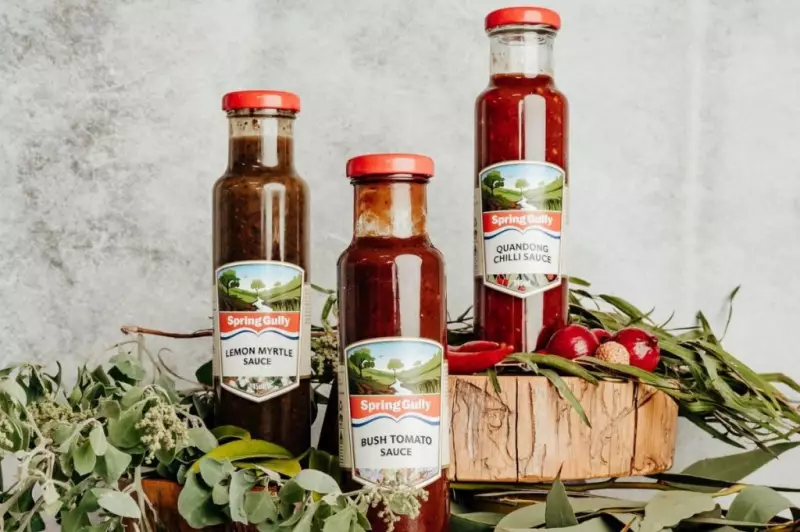
South Australia's food manufacturing landscape has suffered a significant blow with the sale of one of its oldest and most beloved brands to interstate owners. Spring Gully Foods, a family-owned business operating for 93 years, has been acquired by Victorian-based condiment manufacturer The Fenn Foods.
The End of a Family Legacy
The acquisition marks the conclusion of nearly a century of family ownership that began in 1932 when founder Ted Henstridge started making pickles and sauces in the Adelaide Hills. The business takes its name from the original factory location at Spring Gully near Athelstone.
The current owners, fifth-generation family members Andrew and Simon Henstridge, confirmed the sale to the South Australian-based food company. This transition represents a poignant moment for South Australia's industrial heritage, as another iconic local brand passes out of family and state control.
What the Acquisition Means for Operations
According to company statements, the immediate future appears stable for Spring Gully's operations and workforce. The new owners have committed to maintaining production at the existing Virginia facility in Adelaide's north, which currently employs approximately 25 staff members.
The acquisition includes Spring Gully's complete product range of pickles, sauces, condiments, and dressings. These well-known items will continue to be manufactured in South Australia, at least in the short term, providing some continuity for both employees and loyal customers.
The Henstridge brothers expressed confidence in the new ownership, stating they believe The Fenn Foods possesses the necessary resources and expertise to grow the Spring Gully brand while preserving its quality and heritage.
Broader Implications for South Australian Manufacturing
This sale occurs against a challenging backdrop for South Australia's food manufacturing sector. The state has witnessed several iconic food brands either closing operations or being acquired by interstate or international interests in recent years.
Industry analysts note that Spring Gully's sale follows a pattern affecting many family-owned food businesses across Australia. Rising production costs, supply chain challenges, and competitive pressures from larger corporations make it increasingly difficult for independent operators to remain viable.
The loss of head office functions and ultimate decision-making to another state represents more than just symbolic damage. It continues the trend of economic consolidation away from South Australia, potentially weakening the state's manufacturing base and reducing local control over food production.
For consumers, the immediate impact may be minimal, with products remaining on shelves and manufacturing continuing locally. However, the long-term implications for recipe integrity, product development, and corporate decision-making remain uncertain as control shifts interstate.
The Spring Gully sale serves as another reminder of the challenges facing Australia's regional food manufacturers and the gradual erosion of locally owned food production capacity that has defined communities for generations.





